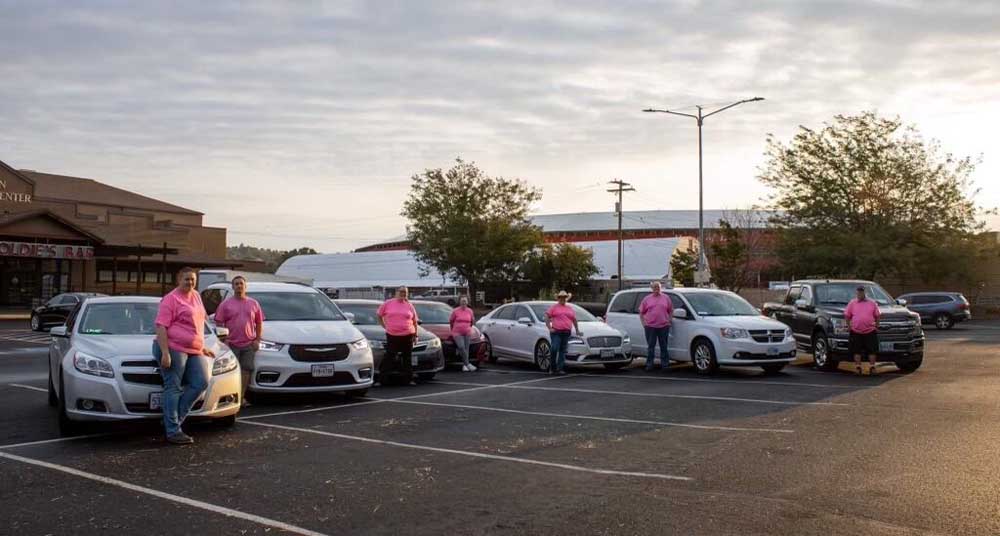Columbia River Dairy cow traced to herd that produced U.S. mad cow case
Published 4:21 am Thursday, January 22, 2004
BOARDMAN – One of the cows from the same birth herd that contained a positive trace of Bovine Spongiform Encephalopathy (BSE), better known as mad cow disease, has been found at a dairy outside of Boardman.
The cow is at the Columbia River Dairy at Three Mile Canyon Farms, about a dozen miles southwest of Boardman. It’s one of three dairy farms in the Boardman area that contracts with the Tillamook County Creamery Association to provide milk for cheese.
The cow has been isolated from other herds at the dairy for observation. There is no indication at this point that the cow has BSE.
After confirmation Wednesday, the U.S. Department of Agriculture placed a hold order on Columbia River Dairy. That means no animals can be moved in or out of the dairy while the investigation continues. Until the order has been lifted, operations at the dairy are effectively shut down.
According to local veterinarian Julie Weikel, a hold order is one step down from a full quarantine.
“It’s an effort to contain the situation,” Weikel said. “It’s going take some time to sort out.”
Dairy officials could not confirm if any of the suspected animal’s milk has been distributed. Christie Lincoln, a spokeswoman for the Tillamook County Creamery Association, like authorities with the Oregon Department of Agriculture and the USDA, stressed that studies have shown that dairy products do not contain or transmit mad cow disease, and that no bans have been placed on milk products from countries where mad cow disease has been found.
Mad cow disease eats holes in the brains of cattle and is incurable. Humans can develop a brain-wasting illness, variant Creutzfeldt-Jakob disease, from consuming contaminated beef products.
It is not known if the suspected Boardman animal has given birth to any offspring. According to the USDA, there is some evidence that the disease can be spread maternally.
“There is one animal of interest that has been identified,” Three Mile Canyon Farms attorney Len Bergstein confirmed Wednesday.
Bergstein said the dairy has been working in cooperation with the USDA to evaluate all of the Holstein cows at the facility in a continuing effort to track down any of the animals that may have entered the United States from the suspected herd in Canada.
This Holstein cow is part of the birth herd of the only confirmed case of BSE found in the United States, at a dairy in Mabton, Wash. The link with the Boardman dairy is the first direct connection between the animals in the Canadian herd and an Oregon producer. Two Portland-area meat wholesalers received parts of the tainted Mabton cow, and had to recall meat from the animal.
The birth herd included 17 additional animals, agriculture officials concluded. The cow found in Boardman is only the fourth animal found in the United States from those 17.
Officials have traced three more of those 17 animals to a dairy farm in Quincy, Wash., and are trying to figure out whether the 13 others entered the country.
However, the USDA is seeking 81 other animals from the same shipment from Canada. It is not known how many of those animals entered the United States.
There are approximately 10,000 Holstein cows at Columbia River Dairy, and all were reviewed as part of the investigation that identified the single cow from the Canadian herd, Bergstein said.
Officials have not commented on what will happen to the suspected animal, but Weikel said it will likely be destroyed in order to complete the testing for BSE.
The Associated Press contributed to this report. Brook Griffin can be reached at 1-800-522-0255 ext. 1309, bgriffin@eastoregonian.com





